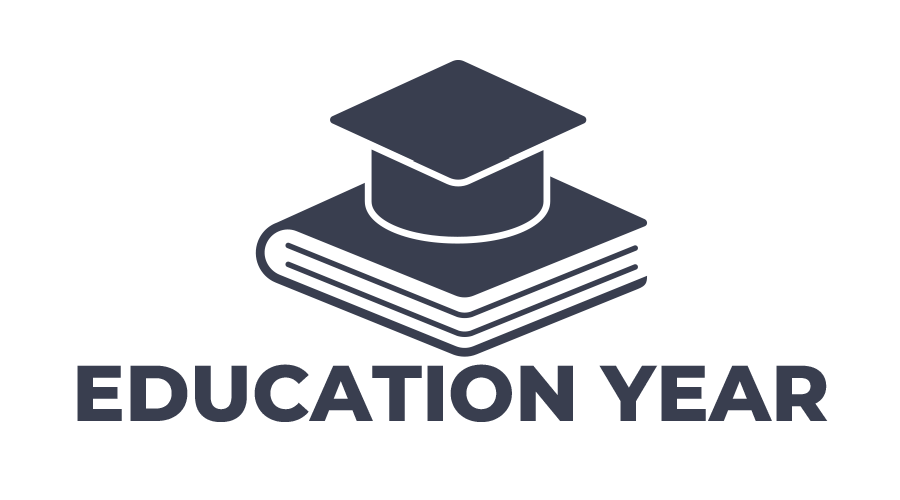In today’s rapidly evolving educational landscape, students have unprecedented access to a wealth of educational resources. These tools are designed to enhance learning experiences, foster understanding, and significantly boost educational productivity. Whether you’re a high school student or pursuing higher education, leveraging these resources effectively can make a substantial difference in your academic journey.
Discovering the Right Educational Resources for Students
Educational resources for students come in various forms, from digital textbooks and online courses to interactive apps and virtual study groups. These resources are tailored to support different learning styles and academic needs, providing a comprehensive approach to education.
Digital Textbooks and Online Courses
Digital textbooks and online courses are among the most accessible educational resources for students. They offer the convenience of learning at your own pace, with interactive elements such as quizzes and discussion forums to deepen understanding. Many platforms provide courses across various subjects, allowing students to explore new interests or strengthen their knowledge in specific areas.
Interactive Learning Apps
Interactive learning apps are another excellent resource for students. These apps make learning engaging and fun by incorporating gamification and interactive elements. From language learning to mathematics, there’s an app for almost every subject, helping students grasp complex concepts through practice and repetition.
Virtual Study Groups
Virtual study groups have become increasingly popular, especially in an era where remote learning is prevalent. These groups provide a platform for students to collaborate, share resources, and support each other. By joining virtual study groups, students can benefit from different perspectives and collective knowledge, enhancing their learning experience.
Strategies to Enhance Educational Productivity for Students
Maximizing educational productivity for students is crucial for achieving academic success. It involves adopting effective study habits, utilizing productivity tools, and maintaining a balanced lifestyle to ensure sustained motivation and focus.
Effective Study Habits
Developing effective study habits is the foundation of educational productivity. This includes setting specific goals, creating a study schedule, and breaking down tasks into manageable chunks. Regular review sessions and active learning techniques, such as summarizing information and teaching others, can also reinforce understanding and retention.
Utilizing Productivity Tools
Productivity tools are invaluable in helping students manage their time and tasks efficiently. Tools such as digital planners, task management apps, and note-taking software can streamline the learning process. These tools enable students to organize their workload, set reminders, and keep track of deadlines, ensuring they stay on top of their studies.
Maintaining a Balanced Lifestyle
Educational productivity is not solely about studying; maintaining a balanced lifestyle is equally important. Adequate sleep, regular exercise, and healthy eating habits contribute to overall well-being, which in turn enhances cognitive function and concentration. Taking breaks and engaging in recreational activities can also prevent burnout and keep motivation levels high.
Combining Educational Resources and Productivity for Optimal Results
To achieve the best outcomes, students should integrate educational resources and productivity strategies. This holistic approach ensures that they are not only acquiring knowledge but also managing their time and energy effectively.
Personalized Learning Paths
By leveraging educational resources, students can create personalized learning paths tailored to their strengths and weaknesses. Combining digital textbooks, online courses, and interactive apps allows for a more customized learning experience. This approach ensures that students are not just passively consuming information but actively engaging with the content.
Time Management and Goal Setting
Integrating productivity tools with educational resources helps students manage their time more effectively. Setting clear goals and using task management apps can keep students focused and organized. Regularly reviewing progress and adjusting strategies as needed ensures continuous improvement and academic success.
Community and Support
Engaging with virtual study groups and online forums can provide additional support and motivation. Sharing experiences, discussing challenges, and celebrating achievements with peers can foster a sense of community and encouragement. This collaborative environment enhances learning and helps students stay committed to their goals.
Conclusion
Educational resources for students and strategies for enhancing educational productivity are essential components of academic success. By utilizing these tools and techniques, students can maximize their learning potential and achieve their educational goals. At Educational Tools, we are committed to providing the resources and support needed to empower students on their educational journey. Visit us at educational.tools to explore our comprehensive collection of educational resources and productivity tools designed to help you succeed.


